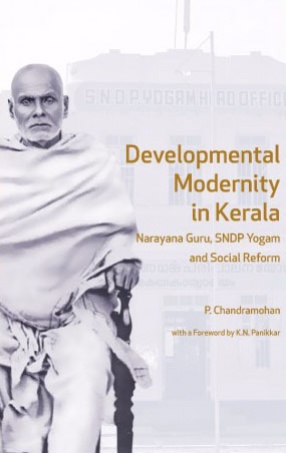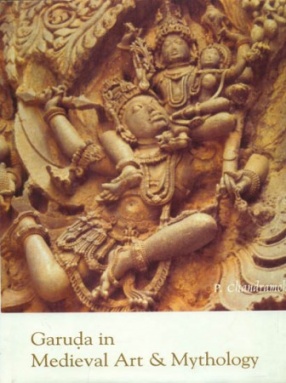This study of the Sree Narayana Dharma Paripalana Yogam (SNDP Yogam), one of the earliest social reform movements in Kerala, investigates the relationship between social reform, religion and caste. The Yogam drew inspiration from the ideas of Sree Narayana Guru, which suited the aspirations of the upwardly mobile Ezhava middle class. In both religious and social matters, the Guru was a traditionalist who adopted a rational stand and strove to create a modern outlook among the masses. He thought of the temple as a social space in which people could meet and exchange ideas. While pursuing his spiritual mission, he advocated education, industrialization and the abolition of caste as prerequisites for social regeneration.
This work demonstrates how the SNDP Yogam focused on issues of education, government employment, industrialization, the abolition of cyclical rituals and caste, anti-alcoholism, and the demand for a new law of inheritance. Looking at the interface between the Guru’s ideas and the Yogam’s efforts in the direction of socio-economic reform and political democracy, one is able to discern the onset of modernity in Kerala. However, gradually, disjunction between principles and practice led to a decline of the SNDP movement. Ironically, since it was largely centered on the interests of the privileged sections of the Ezhava community, the movement achieved Ezhava solidarity only around caste. This study is also significant, therefore, for providing an example of a social reform movement turning into a caste solidarity movement.






There are no reviews yet.